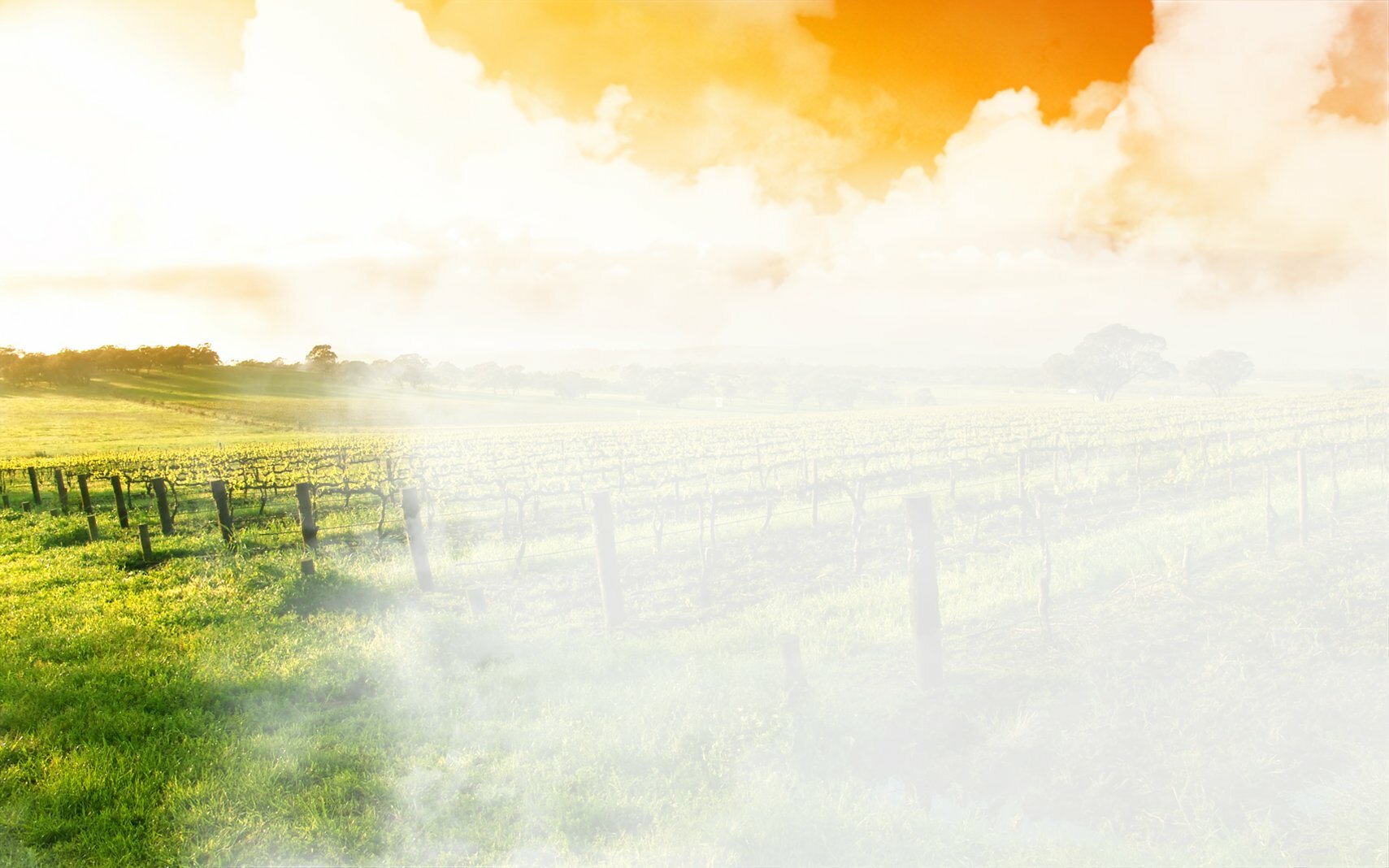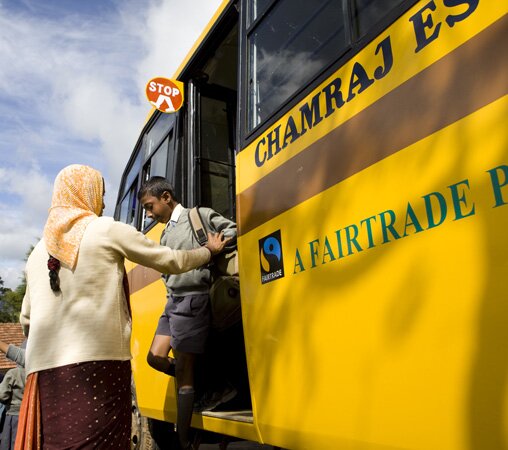INDEPENDENT STUDY CONFIRMS FAIRTRADE'S IMPACT ON POVERTY REDUCTION
13.12.2012 - Between June 2011 and June 2012, Fairtrade Germany and Fairtrade Switzerland commissioned CEval, an independent survey group, to measure the impact of Fairtrade on reducing poverty through rural development. The findings provide a powerful argument for why consumers, retailers, NGOs and government agencies should use Fairtrade as a tool to promote development in rural, producer communities.

(A woman farmer from Oserian Development Cooperative Ltd, Naivasha, Kenya)
The Target
The study was carried out in 6 differing case studies: flowers (commercial farm, Kenya); cocoa (cooperative, Ghana); coffee (cooperative, Peru); bananas (cooperatives, Peru); tea (commercial farm, India); and cotton (contract farming, India). A total of 3750 households were interviewed.
This study differs from previous ones in that it looks at Fairtrade’s impact on whole communities and regions, not just individual farms and producer organisations. A diverse range of over 100 socioeconomic and ecological indicators were assessed.
The Results
According to the independent study, Fairtrade creates two important prerequisites to allow development to take place:
- Fairtrade promotes grass-roots democratic structures which, in turn, increase levels of participation of small producers and workers.
- Fairtrade leads to long-term, stable trading relations and greater planning security thanks to guaranteed minimum prices and mandatory procurement planning (Fairtrade is the only certification system that guarantees a minimum price).
Furthermore, through its Fairtrade Development Premiums, the Fairtrade system provides the necessary financial means for development.
The study shows that Fairtrade can make a real difference to rural development by encouraging more savings by farmers and workers and through investment into local infrastructure sponsored by Development Premium money.
Such projects impact not only the farm workers that choose the projects but also the farm workers’ neighbours and communities as a whole.
Researchers at CEval said that Fairtrade provides a “unique opportunity to plan, design and implement development projects for their communities” which gives farmers and workers “new responsibilities and creates a sense of ownership over the projects”.
The study also showed the impact of Fairtrade on an even higher level: if producers are organised (this is something Fairtrade facilitates) then their market power is increased and they may be able to influence the market price of their product.
Room for improvement
The study also highlights the areas that Fairtrade still needs to work on. For example, the study showed that not all Fairtrade farmer and workers understand perfectly how Fairtrade works and what their role in their respective organisations is. This weakness is mostly due to low literacy rates and the remoteness of many of the Fairtrade producers. Issues such as gender roles were also raised in the study. Although no one can expect Fairtrade to combat these issues alone, it is important for us to understand what needs to be prioritised in the future.
If Fairtrade wants to increase the effect it has on rural development, we need to work together to provide existing Fairtrade producers with the opportunity to sell more on Fairtrade terms and increase the amount of certified producers. Here at Fairtrade we are proud of the results the study provides but we are also motivated to encourage South African partners (retailers, hospitality industry, consumers, institutions, NGOs, etc.) even more to create a more equal and sustainable world.
_
Click here to download the full Summary of Results.
Click here to download the Full Report.



